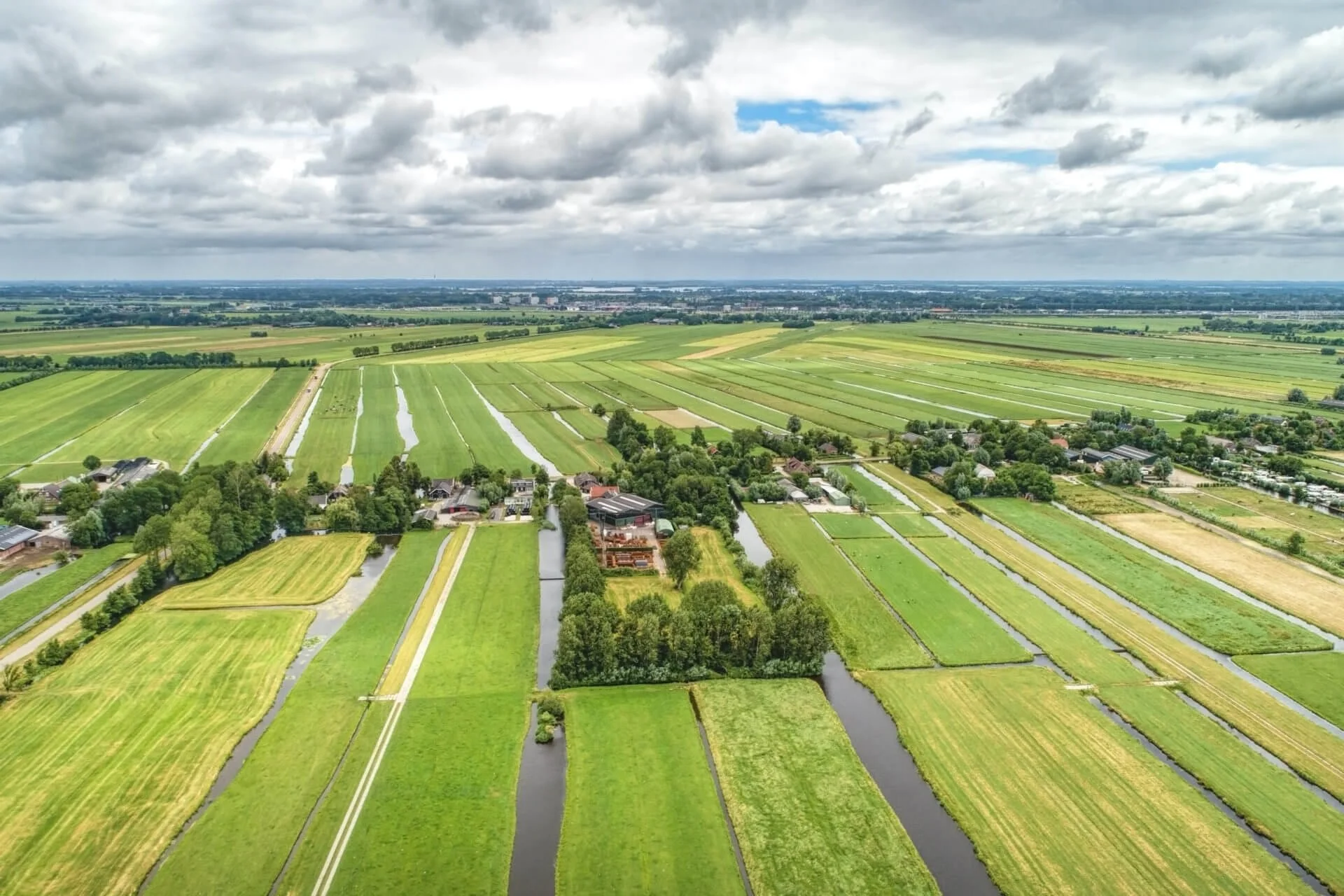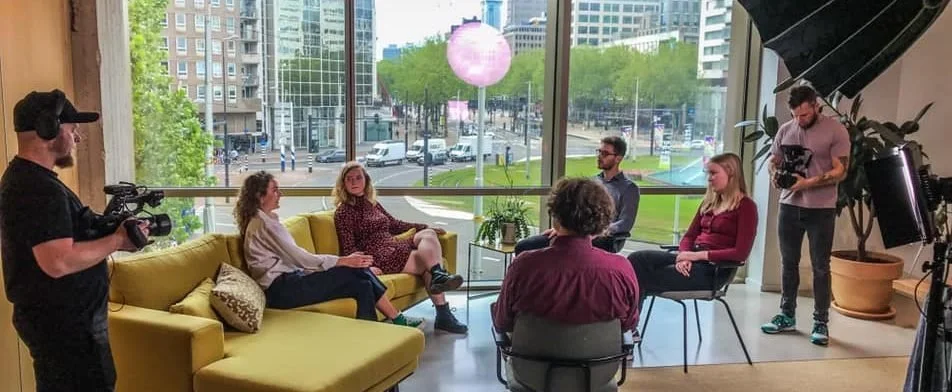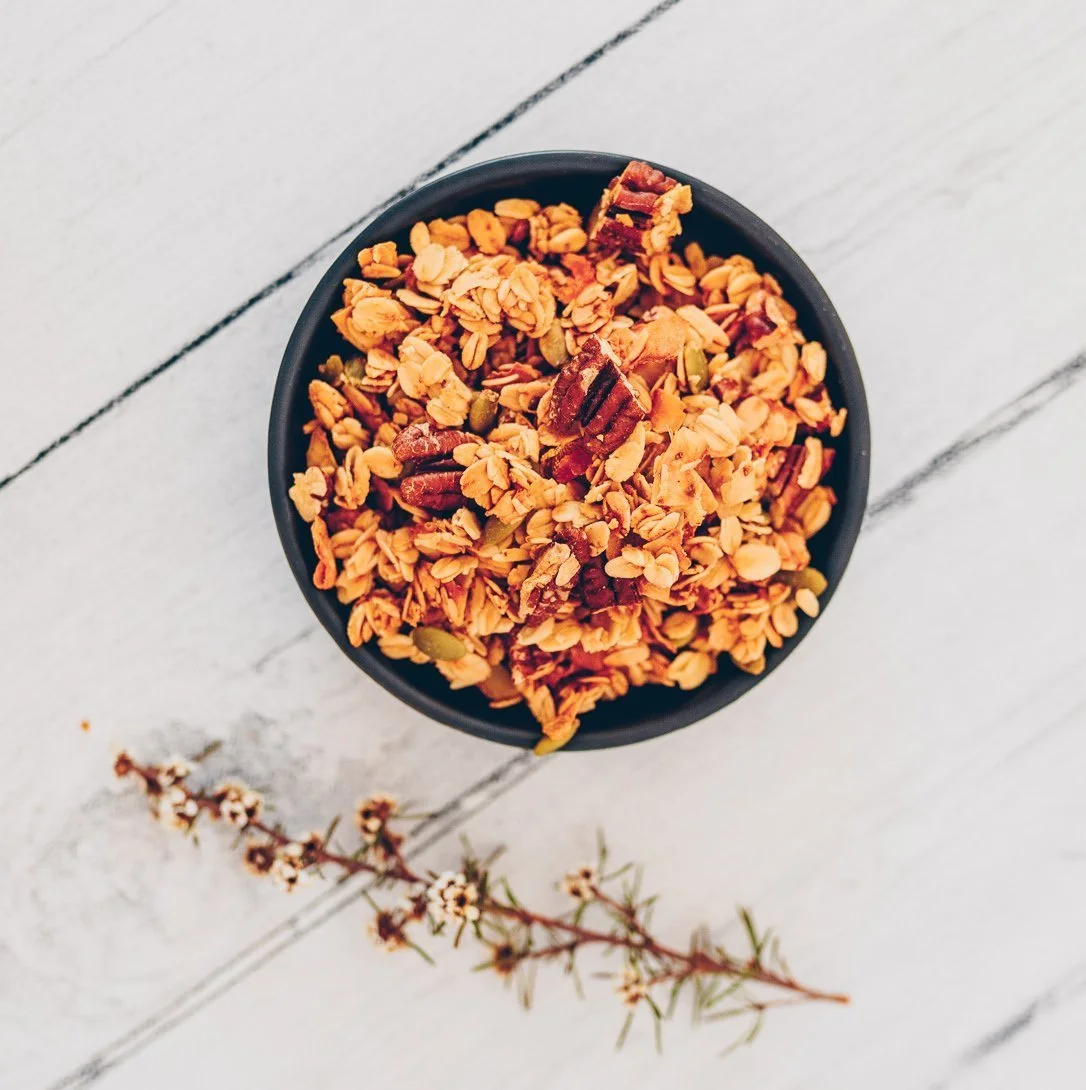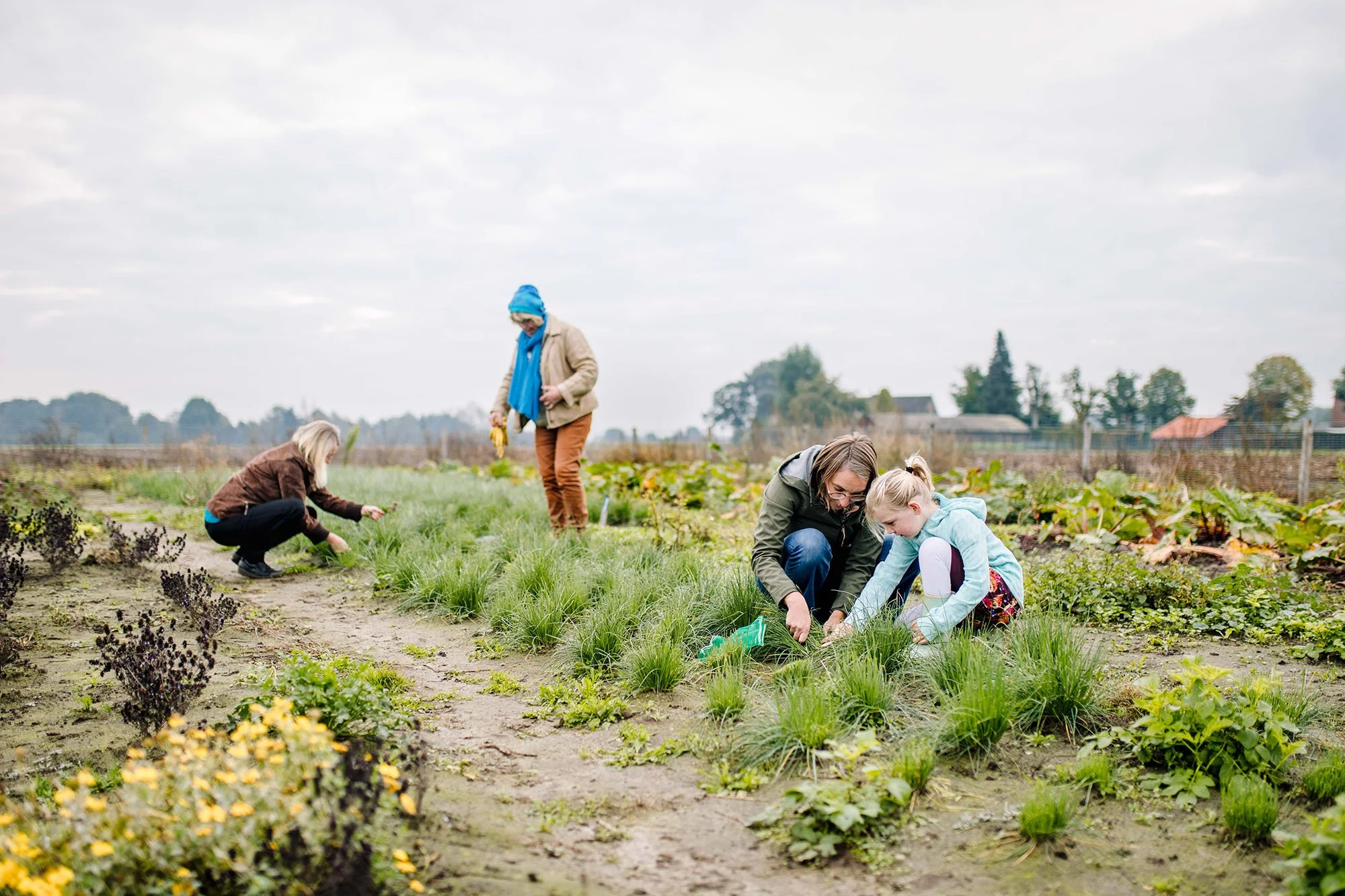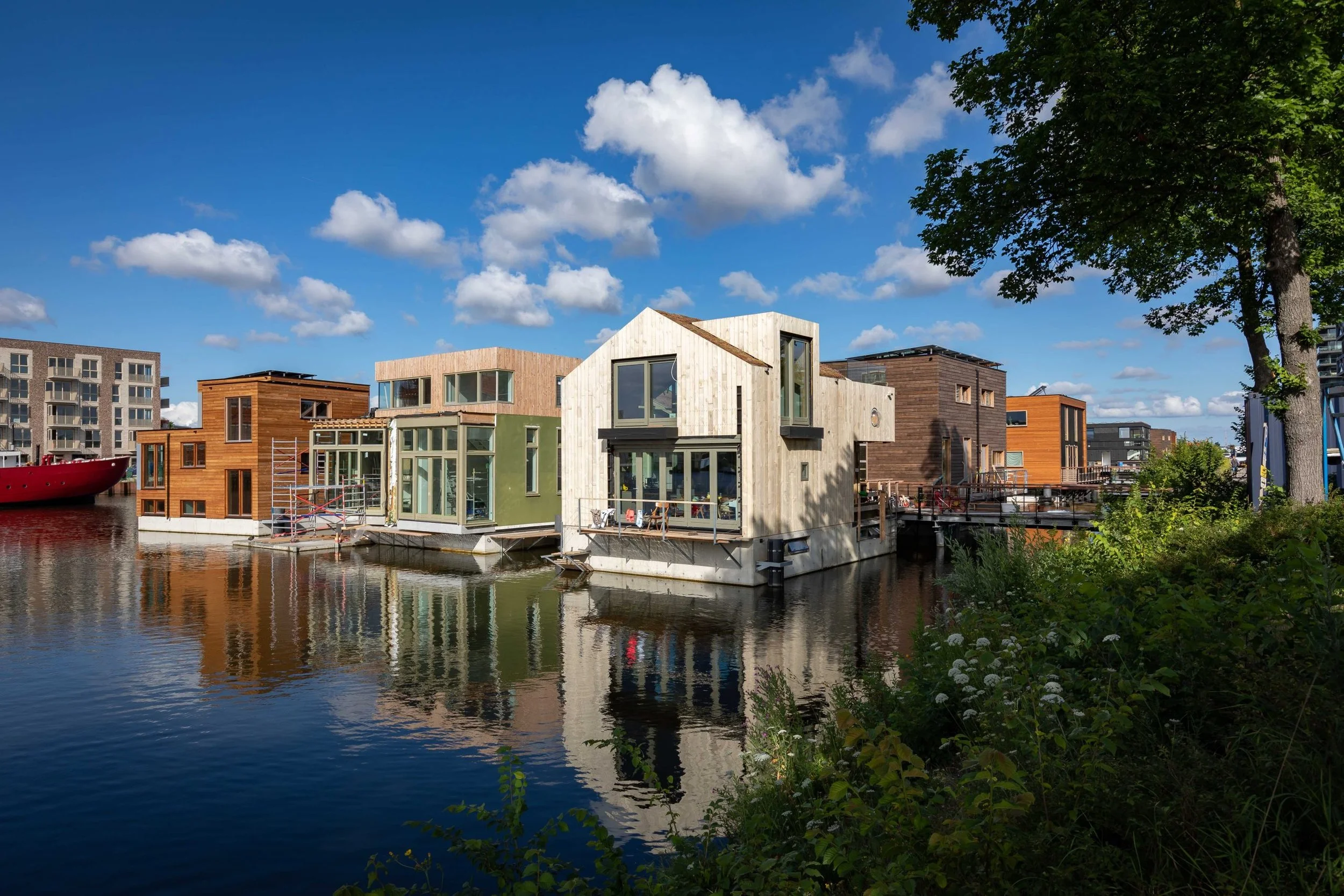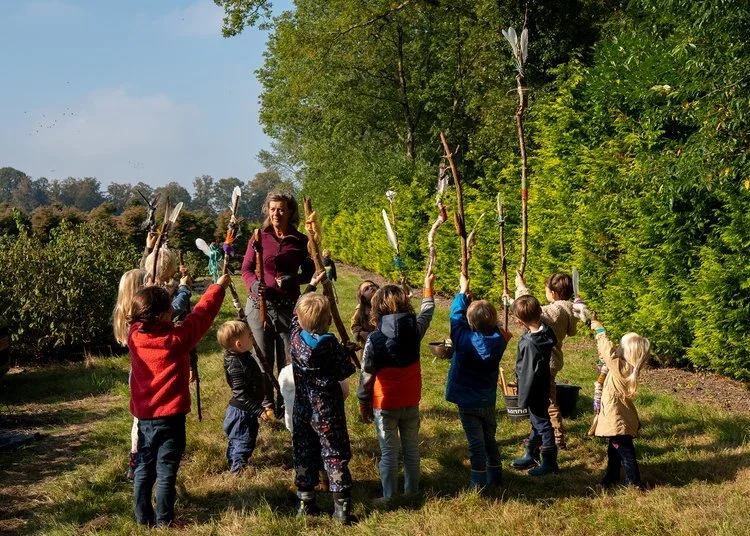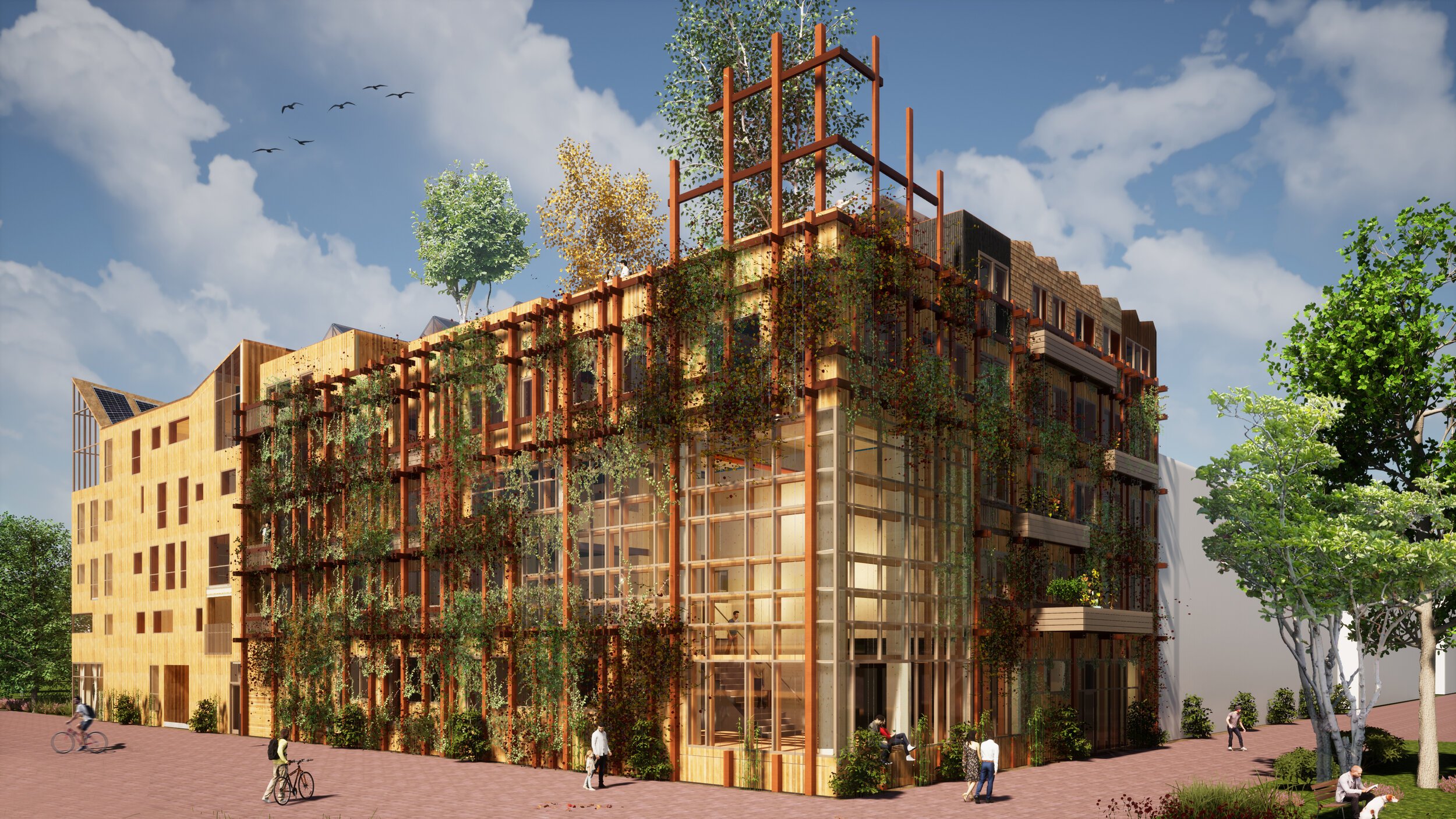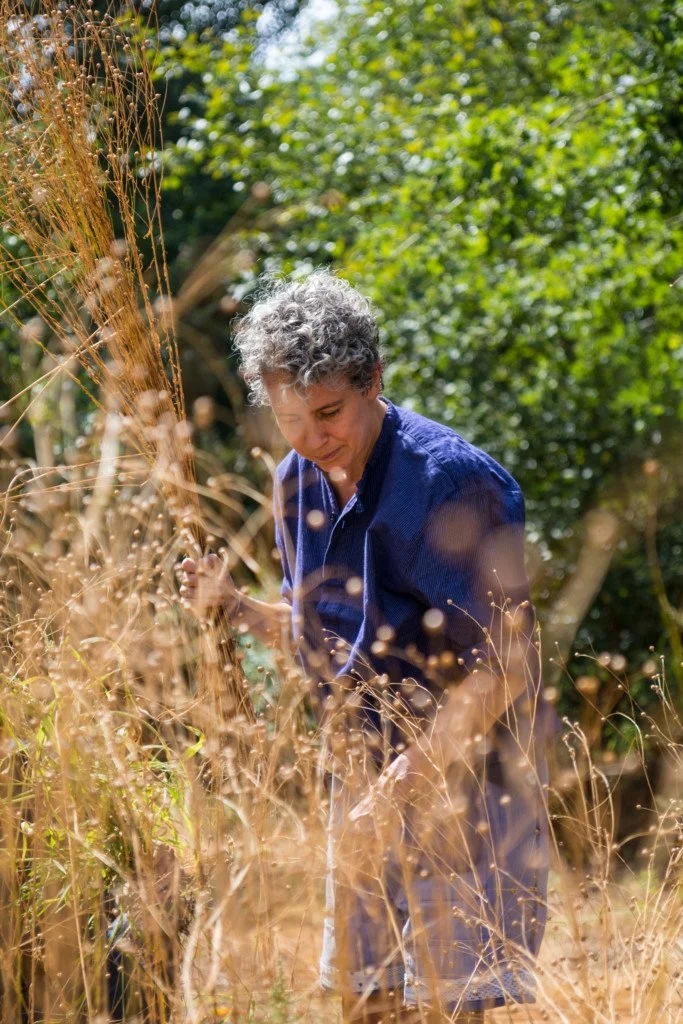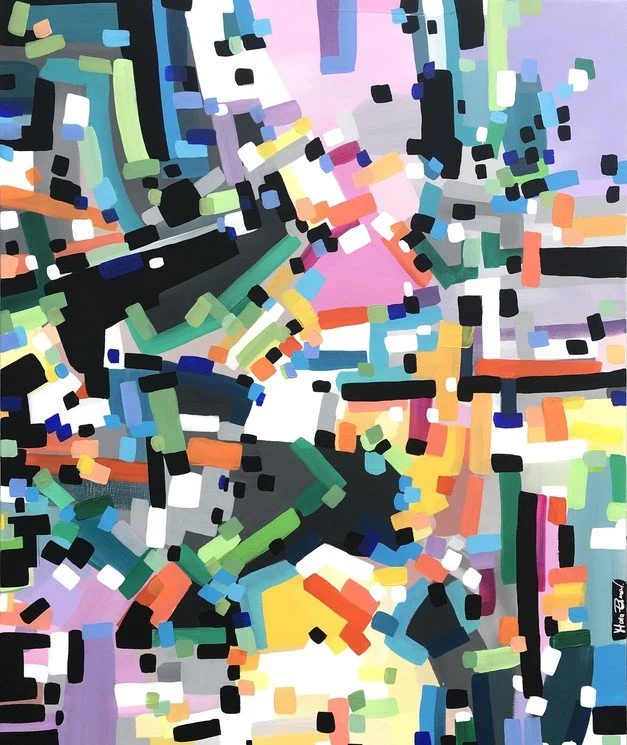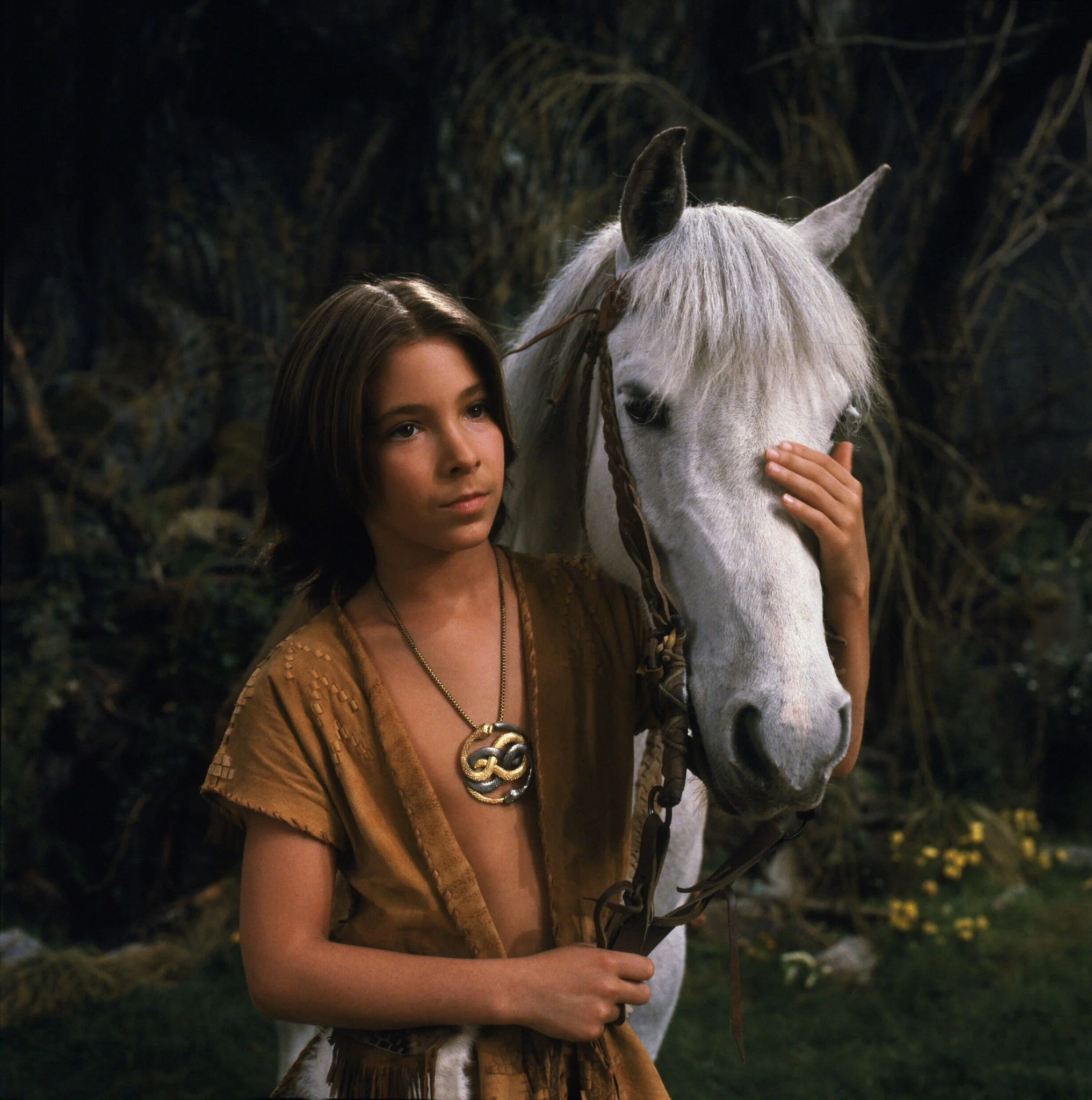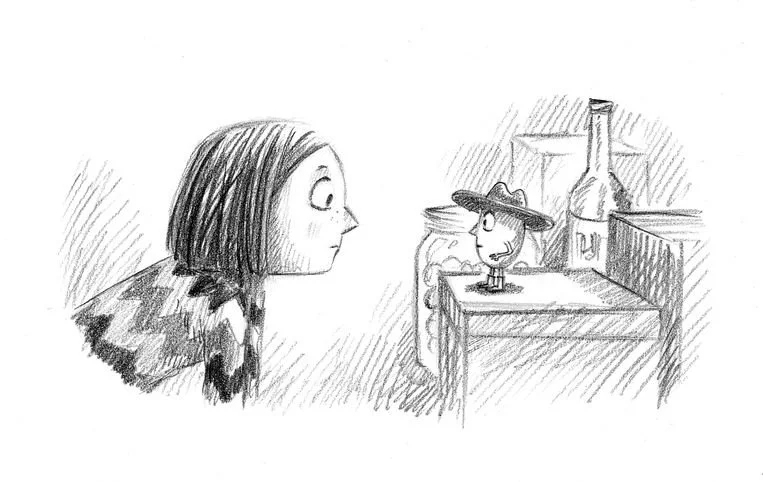While I learned more about systemic change I started to look at things differently. A hospital visit, an interaction at school, a new vegan sausage, they all triggered new questions. What did this experience say about the way 'the system' works?
On this page I share my observations, ranging from 'bike-ride-contemplations' to amazing initiatives happening around the world. I am interested in all ‘transitions’ (not only health, not only energy) so you will see a range of topics here. Also, I write about practice as well as theory: what are examples, what seems to work, what are underlying principles?
There is so much good stuff happening
Below you find examples of system change initiatives. People working on these movements might not define themselves as 'system changers'. But maybe as entrepreneur, innovator, designer, philanthropist, investor, or community organiser.
Around the world, people are experimenting and pioneering with doing things differently in so many places, sectors, and areas. How can we ever change the status quo? These bad-ass projects do. Today.
-
![]()
Community
The Winnipeg Boldness Project aims to create large-scale systems change for children and families in the Point Douglas community area of Winnipeg, Manitoba (Canada). As a First Nations Innovator, Diane Roussin leads a social innovation lab re-shaping modern systems with the insight and wisdom of indigenous culture, moving away from a top-down model and shifting to a family-centred approach.
-
![]()
Agriculture
Typical for Holland, peat meadows are home to cows, windmills and birds. But intense farming activities have turned many of these areas into ‘green deserts’. Biodiversity declines, while farmers struggle to make a living. Wij.land explores how to best restore the ecological functions of the peat meadow landscape in the Vechtstreek while enabling farmers to achieve sustainable incomes.
-
![]()
Economy
The New Economics Lab is a pilot for innovation in education: moving from a ‘classic’ to a new way of thinking about economy. Centring what is sustainable and just for both society and the planet in the long term. In the pilot, students are challenged to shift the focus from ‘me' to ‘the other’, to the well-being of humanity and of our planet. The lab is a collaboration of Hogeschool Rotterdam and the Goldschmeding Foundation.
-
![]()
Health
At the core of the Positive Health initiative is the believe that health is not the absence of disease. The Dutch movement considers health to be a personal and dynamic balance, which radically changes the role of the health care professional and their relationship with the patient. Instead of taking care of someone and taking over, they support people in their search for what makes life full and meaningful.
-
![]()
Community
Pause works with women who have experienced, or are at risk of, repeat removals of children from their care. The UK based initiative aims to break this cycle and give women the opportunity to reflect, tackle destructive patterns and develop new skills. By going to the root of the problems, Pause prevents the damaging consequences of more children being taken into care.
-
![]()
Education
Agora, a Dutch education initiative, redefines school by providing students the freedom to explore their own passions: what do they want to learn, what are their talents, interests, and ambitions? Courses, timetables, classes, and tests are traded for challenges, collaboration and personalised coaching to help students throughout their learning journey.
-
![]()
Food
Dirty Clean Food accelerates the movement towards regenerative farming, promoting food that is both good for our bodies and the earth. The Australian initiative offers regeneratively grown products, like oat milk and lupin protein. They sell to retail stores but also directly to fine dining restaurants and individuals: connecting them to healthy food, grown right, with a clear line of sight from regenerative farm to fork.
-
![]()
Agriculture
Aardpeer supports the transition to nature-friendly agriculture in the Netherlands. Farmland is scarce and prices high, putting pressure on farmers to squeeze as much harvest from the land as possible. Aardpeer addresses this 'squeeze' by making land available for the long-term at a fair rental price, offering nature-friendly farmers security and freedom to invest in sustainable management.
-
![]()
Building
Schoon Schip is the most sustainable floating neighbourhood in Europe. Anticipating the rising sea levels, a group of like-minded residents turned an uninviting stretch of canal in the North of Amsterdam into an energy-independent floating community. The ecologically and socially sustainable neighbourhood contains 46 households. They demonstrate a national, and potentially global, solution for a wetter future.
-
![]()
Economy
The Good Ancestor Movement supports responsible stewardship and radical redistribution of wealth. The movement pioneers a radically different path in the financial world: moving away from the focus on wealth accumulation and the believe that paying tax is 'waste', and moving towards a regenerative economy where wealth is more fairly distributed.
-
![]()
Education
Nowschool celebrates children's natural tendency to learn and explore. The Dutch education initiative prepares children to lead a meaningful life, as opposed to prepping them for the educational system or the job market. In a 'co-learning environment' children, parents, partners and companies learn together how to care for themselves, each other and the earth.
-
![]()
Community
Based in the UK, SHiFT works with children and young people who are caught in the destructive cycle of crime and associated behaviours. The approach works with so called SHiFT Guides, who support children wherever they are and wherever they go, in or out of education or in or out of custody. Doing whatever it takes to support each child to create a better, more positive and happier life.
-
![]()
Democracy
Japan’s Future Design movement is inspired by the principle of seventh-generation decision-making practised in Native American communities. Local residents draw up plans for the towns and cities where they live, while imagining themselves as residents from 2060. Studies have shown that they systematically favour much more transformative plans.
-
![]()
Building
Building cooperation De Warren is a living lab for sustainable building and cooperative design and development. As the first Dutch 'community building cooperation' they raise money -though loans but also crowdfunding and municipal and provincial subsidies- set up a cooperation, design and build the building. As future residents they will pay rent for maintenance and paying off loans, taking out the speculative element of land and home ownership.
-
![]()
Economy
The Linen Project investigates and works towards reactivating the economic viability of small-scale local flax cultivation and linen production in the Netherlands. The Project seeks to reinstate the economy as a social, ecological and cultural domain. Activities include producing organic flax and linen in the Gelderland region, a small-scale flax spinning facility, and an open-source knowledge exchange.
We will not go back to normal. Normal never was. Our pre-corona existence was not normal other than we normalised greed, inequity, exhaustion, depletion, extraction, disconnection, confusion, rage, hoarding, hate and lack. We should not long to return, my friends. We are being given the opportunity to stitch a new garment. One that fits all of humanity.
— Sonya Renee Taylor

